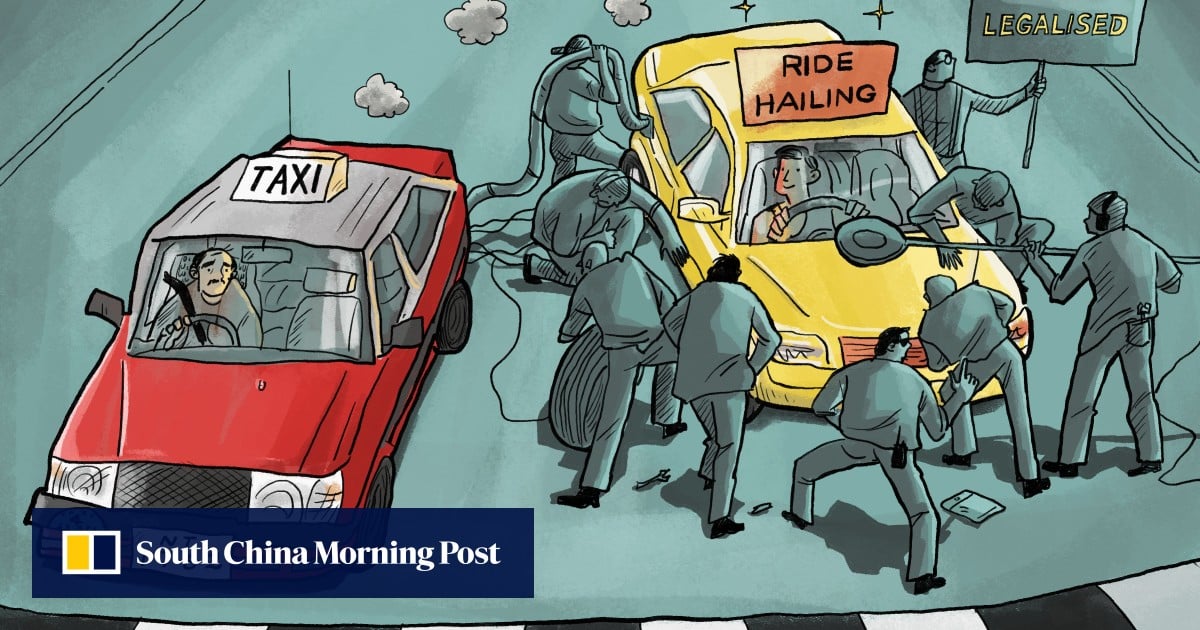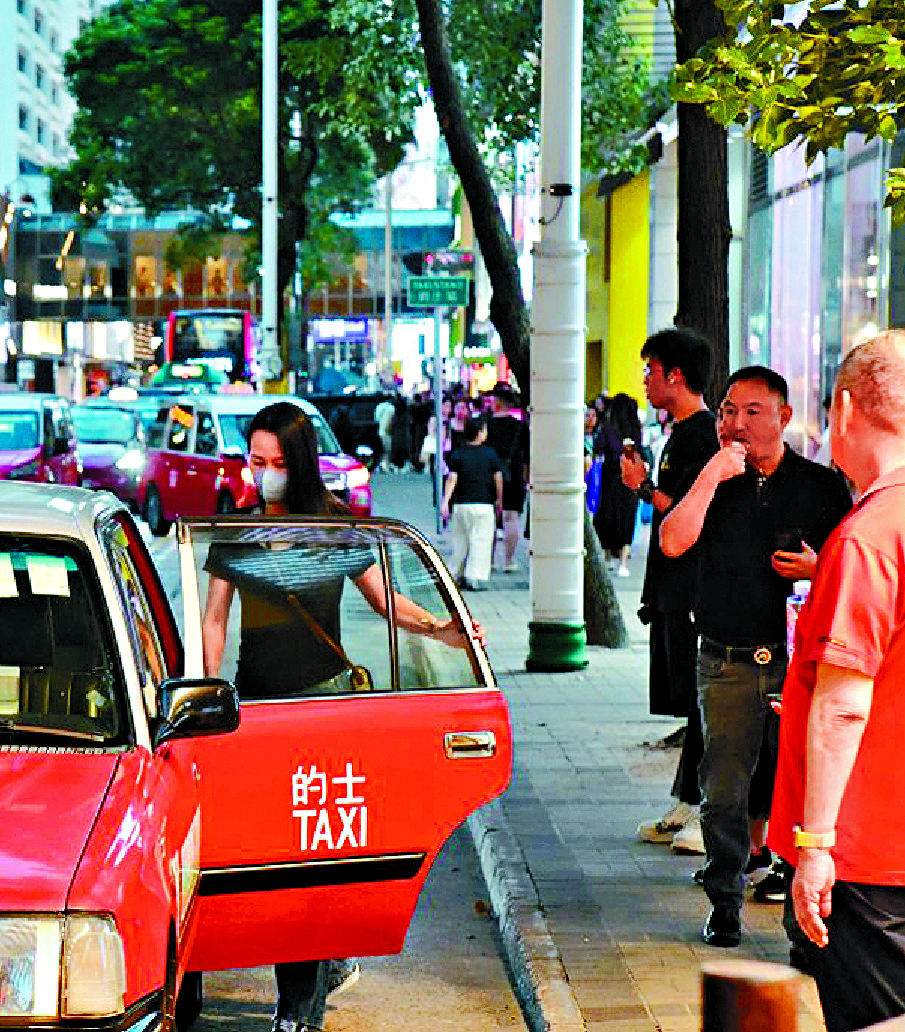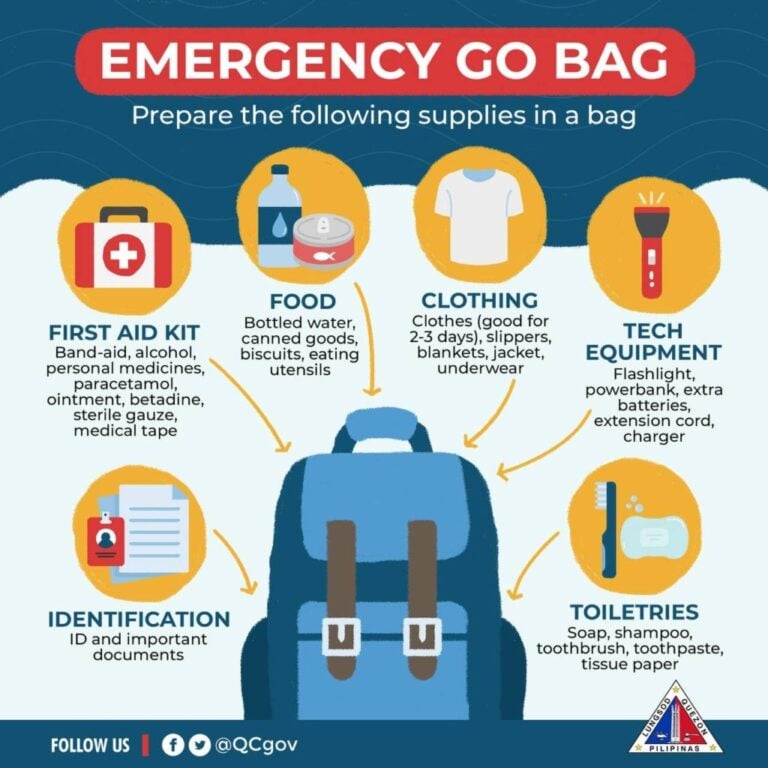Hong Kong’s Transport and Logistics Bureau is set to revolutionize ride-hailing services with a comprehensive new regulatory framework that promises enhanced passenger safety and improved service quality. At the heart of this groundbreaking proposal are stringent requirements designed to protect both drivers and passengers through robust insurance and licensing standards.
Drivers looking to enter the ride-hailing market will need to meet specific criteria that ensure only the most qualified professionals can operate. Aspiring ride-hailing drivers must be at least 21 years old, possess a driving license for a minimum of one year, and maintain a clean traffic record for the past five years. These requirements mirror the rigorous assessments typically applied to taxi drivers, emphasizing the government’s commitment to safety and professionalism.
One of the most significant aspects of the proposed framework is the mandatory third-party commercial vehicle insurance. This requirement goes beyond typical private vehicle coverage, ensuring financial protection for all road users. Vehicles must be relatively new, with a maximum age of seven years at the time of application, and will be subject to annual inspections to maintain high safety standards. Importantly, vehicles must be registered directly in the driver’s name, creating a clear line of accountability.

The licensing structure introduces a five-year validity period for platforms and drivers, with vehicle licenses renewable annually for up to five years. This approach allows for regular reassessment of vehicle conditions and insurance coverage, ensuring ongoing compliance with safety regulations. Platforms will be required to pay licensing fees based on their number of operational vehicles, with potential additional charges per completed ride still under consideration.

Drawing inspiration from international practices, particularly those in New South Wales, Australia, the framework aims to create a balanced and comprehensive approach to ride-hailing regulation. While there’s currently no cap on the number of driver licenses, authorities are considering limits on authorized vehicles to manage market dynamics.
The proposed regulations extend beyond mere insurance requirements. Ride-hailing platforms will be required to demonstrate operational capability, substantial capital investment, and financial stability. They must also implement robust driver monitoring systems, establish effective complaint-handling mechanisms, and develop driver rating systems to maintain service quality and safety.
Drivers and platforms should note the upcoming timeline. The proposal is scheduled for discussion on July 18, with the government aiming to submit an amendment bill and complete the review within the year. This suggests that significant changes to the ride-hailing landscape are imminent.
The framework represents a delicate balance between innovation and safety. By mandating comprehensive insurance, strict driver qualifications, and rigorous vehicle standards, Hong Kong is positioning itself as a leader in regulating emerging transportation services. The approach recognizes the unique challenges of ride-hailing while providing a clear path for responsible market participation.
For potential ride-hailing drivers and platform operators, the message is clear: preparedness is key. Meeting the insurance, vehicle, and personal qualification requirements will be crucial for success in this newly regulated market. As the proposal moves forward, it promises to bring greater professionalism, safety, and reliability to Hong Kong’s ride-hailing services.












